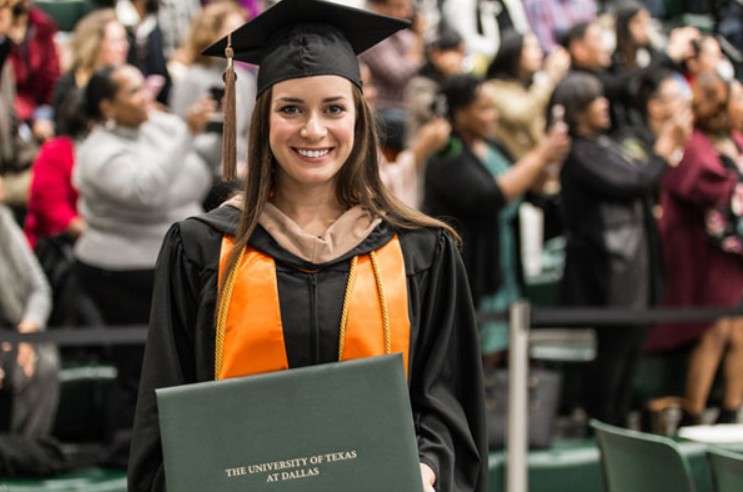Getting a Masters degree takes different amounts of time depending on the course what you study, the school you are attending and how much you study each week. If you give it your full time in writing your thesis for example, you’ll graduate faster than someone who doesn’t.
Therefore, I would say, it depends on you to determine how quicker you want to get your Masters in your discipline.
How Long Does It Take to Get a Masters Degree?
To be more specific with the time it takes to start and finish your master’s degree, it takes around two years to complete.
However, there might be situations where you finish faster or need extra time, depending on your college, personal goals, and the degree program’s requirements.
If you are thinking about your career, understanding how to earn a master’s degree is an important step.
Consider when and how this credential can assist you and what is involved in the master’s degree journey.
How Many Years is a Masters Degree.
A master’s degree is a higher-level diploma that usually requires about one and a half to two years of full-time studying. However, how long it takes can vary based on different things.
Studying a master’s degree program can help you learn more about a particular subject and take more advanced courses. This can lead to better job options and the chance to earn more money.
Now, let us take a look at some things that can affect how long it takes to complete a master’s degree. This will help you decide on the right education plan for you. With this guide, you will be able to choose your course of study wisely.
Key Factors that Influence Masters Degrees Duration
The time it takes to finish a master’s degree can vary based on what you are studying, whether your program needs a thesis or capstone project, and your student status.
Let us examine these factors in more detail:
Curriculum
Many universities use credit hours to determine the credits you get for a course. This depends on how much time you spend in class each week during the semester.
For most master’s degree programs, you will need to complete 30 to 60 credit hours of coursework. However, some programs might require as many as 72 credit hours.
For instance, you could finish a 34-credit Master of Applied Data Science degree in just twelve months.
In contrast, a 72-credit Master of Business Administration (MBA) would probably take two to three years for full-time students.
Final Project Requirements
Certain masters programs demand a final project, such as a thesis paper, internship, or capstone project.
In research-focused fields like mathematics or psychology, you will often need to complete a master’s thesis. This involves extensive independent research and lab work in addition to your regular coursework.
In other cases, non-thesis degrees may require an internship or capstone project. This is more typical in fields like computer science or business, where practical experience is valuable.
Part-time vs. Full-time Enrollment
Deciding to study full-time or part-time affects how long it will take to earn your degree. Each choice has its own pros and cons.
If you study full-time and take a full course load (usually around nine credit hours per semester), you will likely complete your degree more quickly than part-time students. However, it can be harder to manage work, family, and other responsibilities.
Part-time students might find it simpler to juggle their studies with other commitments. It can also be lighter on the finances. However, this balanced approach also means it will take more time to finish your master’s program.
Online Classes vs. in-person Classes
Students nowadays have a wide range of choices for how they approach their education.
Certain online masters programs provide the same lessons and professors as traditional in-person programs. This means you can study at prestigious universities worldwide without having to move.
While on-campus programs have fixed class times, some online programs let you learn at your own speed and fit your coursework around your other commitments.
When you are not tied to a schedule, you might find you can handle more courses simultaneously. This can lead to a faster completion of your master’s degree.
Conclusion
Masters degrees have gained more and more popularity in recent times, and this trend continues to grow.
If you are thinking about pursuing a master’s degree, there are many options to explore.
The duration of your masters degree largely depends on the program you select and whether you opt for full-time or part-time study.
If you found this information interesting, please consider sharing it on your social media platforms.
Thank you for reading.
Similar Publications to Masters Degree Programs
- 4 Type of Degrees you can find in College, Polytechnics and Universities
- How to Acquire a Bachelor’s Degree in Business on Campus or Online
- Data Science Scholarships and Degree Programs you can to Apply for
- Commonwealth Scholarship Application for International Students in UK







